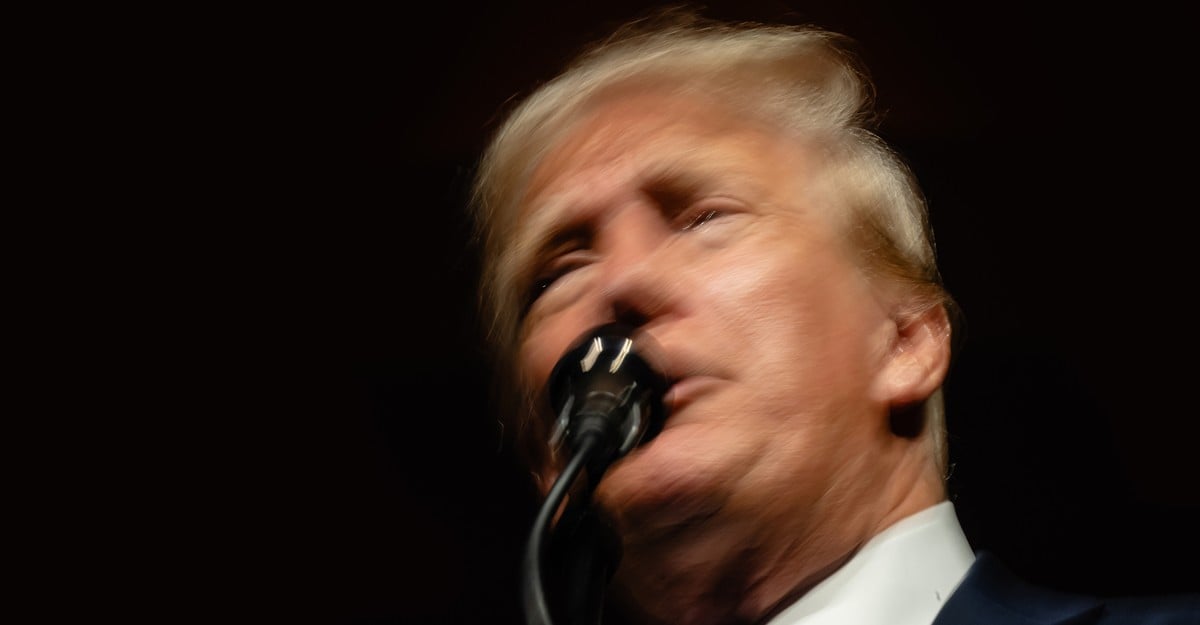Rhetoric has a history. The words democracy and tyranny were debated in ancient Greece; the phrase separation of powers became important in the 17th and 18th centuries. The word vermin, as a political term, dates from the 1930s and ’40s, when both fascists and communists liked to describe their political enemies as vermin, parasites, and blood infections, as well as insects, weeds, dirt, and animals. The term has been revived and reanimated, in an American presidential campaign, with Donald Trump’s description of his opponents as “radical-left thugs” who “live like vermin.”
This language isn’t merely ugly or repellant: These words belong to a particular tradition. Adolf Hitler used these kinds of terms often. In 1938, he praised his compatriots who had helped “cleanse Germany of all those parasites who drank at the well of the despair of the Fatherland and the People.” In occupied Warsaw, a 1941 poster displayed a drawing of a louse with a caricature of a Jewish face. The slogan: “Jews are lice: they cause typhus.” Germans, by contrast, were clean, pure, healthy, and vermin-free. Hitler once described the Nazi flag as “the victorious sign of freedom and the purity of our blood.”


